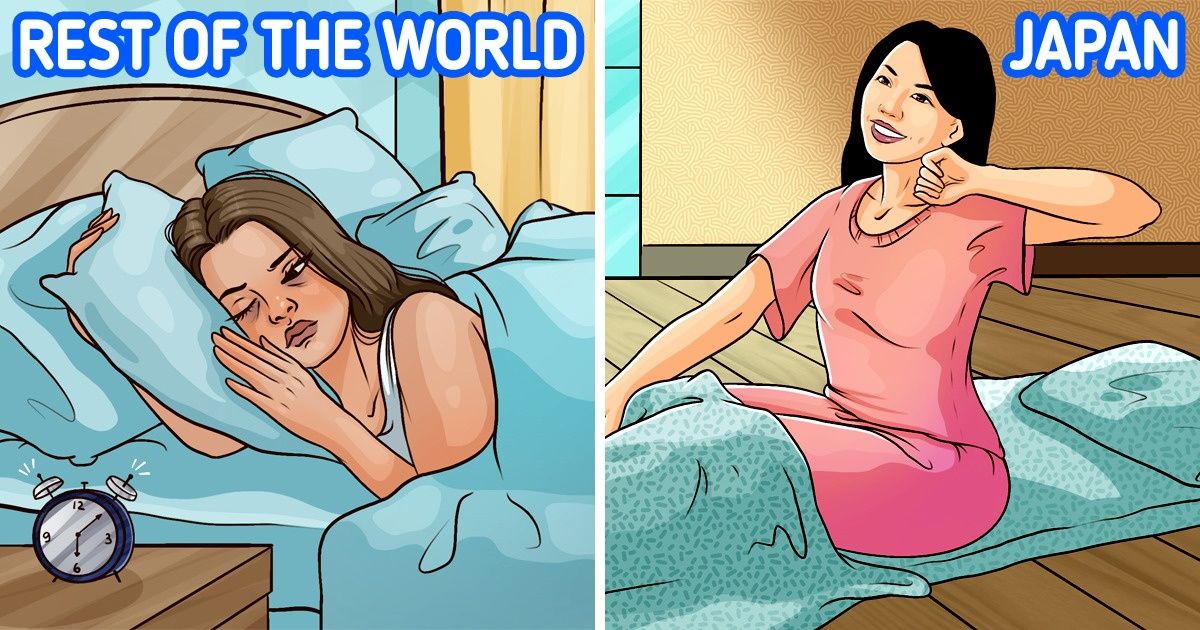I’m a sleep geek. Like many who are caught up in the personal development and biohacking craze, I’ve read, heard, and tried just about every trick in the book: a dark room, 8+ hours of sleep, exercise, less caffeine, a better bed. , specialized music for sleep, meditation, and without alarm. Yawn!
Although sleep was never an issue for me, no matter what I did, I often woke up feeling tired, anxious, and in pain. Unfortunately, I began to think that these problems were normal.
Then, a little over a year ago, I listened to an episode of the Broken Brain podcast with Mark Burhenne, DDS, the best-selling author of The 8-Hour Sleep Paradox. He was on the show to talk about sleep and, more importantly, the dangers of mouth breathing during sleep.
Although many of us use our mouths to breathe, this is really the main role of the nose. Mouth breathing is primarily designed for emergencies, such as when we have a stuffy nose or during exercise.
While breathing through your mouth during sleep may seem innocent, Burhenne explained that it can lead to health problems, including an increased risk of cavities, high blood pressure (related to anxiety), teeth grinding, dry mouth, and many other concerns. . Mouth breathing has been linked to behavioral problems in children and infants.
Fortunately, there is a solution that doesn’t require complicated procedures or expensive purchases and is easy for anyone at home to try: mouth tape!
Why mouth tape?
While mouth tape may sound like a joke or a weird new health hack, it’s actually been around as a suggested measure for years. Burhenne explained its value by detailing how humans evolved from nose breathers to mouth breathers.
He explained that mouth breathing is a relatively recent phenomenon for humans. When comparing the archaeological records of our ancestors, there seems to be a clear difference in our facial structure and airways.
These changes may be due to factors ranging from a diet made up of more processed foods, decreased breastfeeding, and air pollution, among other causes. These things, combined with sleeping with your mouth open, have caused significant changes in the way we generally breathe.
Charles Darwin noted similar changes in the human skull in his research. Katherine Reynolds Lewis details this in her article “Our Skulls Are Out-Evolving Us”:
Fortunately, as Burhenne explained, we can combat these changes, at least somewhat, by wearing duct tape over our mouths when we sleep.
By placing a piece of tape over your lips before bed, your mouth will stay closed while you sleep, allowing you to breathe naturally through your nose. Nasal breathing ensures that you get more oxygen into your body, properly filtered air into your lungs, better blood pressure, a healthier oral microbiome, and many other benefits.
The results
I was slightly nervous at the thought of having my mouth covered while sleeping. I wasn’t sure I could breathe properly through my nose when I slept, but I quickly realized that breathing through my nose felt natural and wasn’t a problem.
So I taped my mouth shut and went to bed. The next day I woke up and was alive. To be honest, I didn’t feel much of a difference, but I decided to keep it; within a few days, I could feel an improvement. I woke up feeling rested as if I had slept, and with no aches or pains. I also stopped snoring. My girlfriend really liked this change.
I have also noticed several other benefits, including decreased bad breath and no dry mouth. Burhenne and other breathing experts have seen similar results through their practice and research. James Nestor, an author of the best-selling book, Breath, and Patrick McKeown, author of The Oxygen Advantage, are also mouth-tape advocates.
There is no single behavior we spend more time on than sleeping. Each of us spends about a third of our lives sleeping. Sleep is the main tool for the health of the brain and body. If we spend a lot of time sleeping incorrectly, that is something we should take seriously.
The mouth tape provides an affordable and accessible solution to better sleep that anyone can experience. If you choose to experiment, be sure to use a small piece of surgical tape or special mouth tape, and make sure you’re comfortable removing it with your hand or lips.
I have been using mouth tape for over a year. While clinical trials are still ongoing—Stanford University is conducting a major study of the mouth strips—many leading experts have become advocates. There is not much to lose and potentially a lot of sleep to gain.









